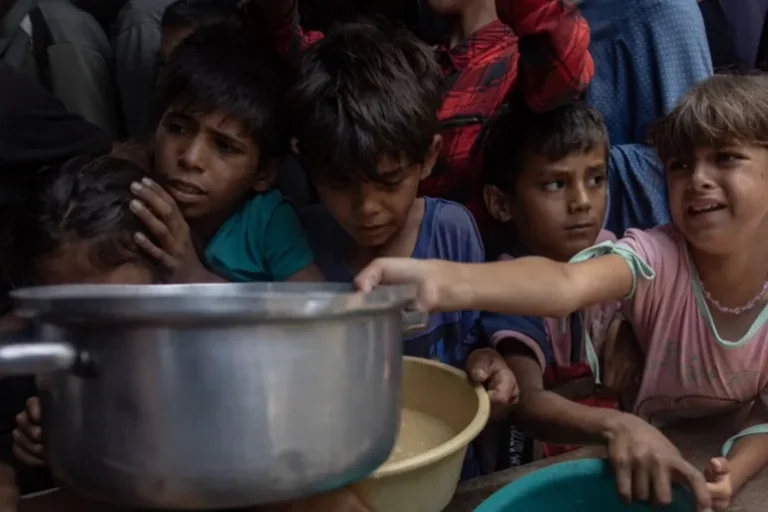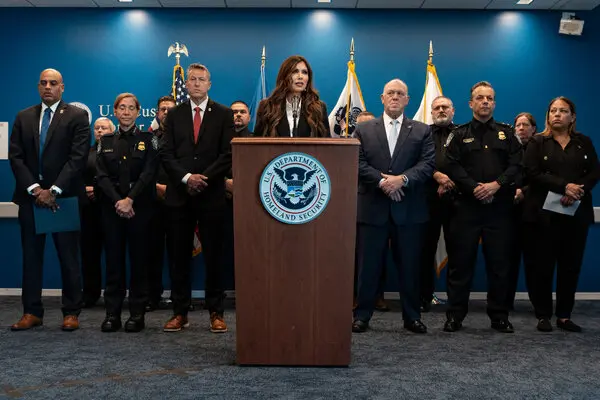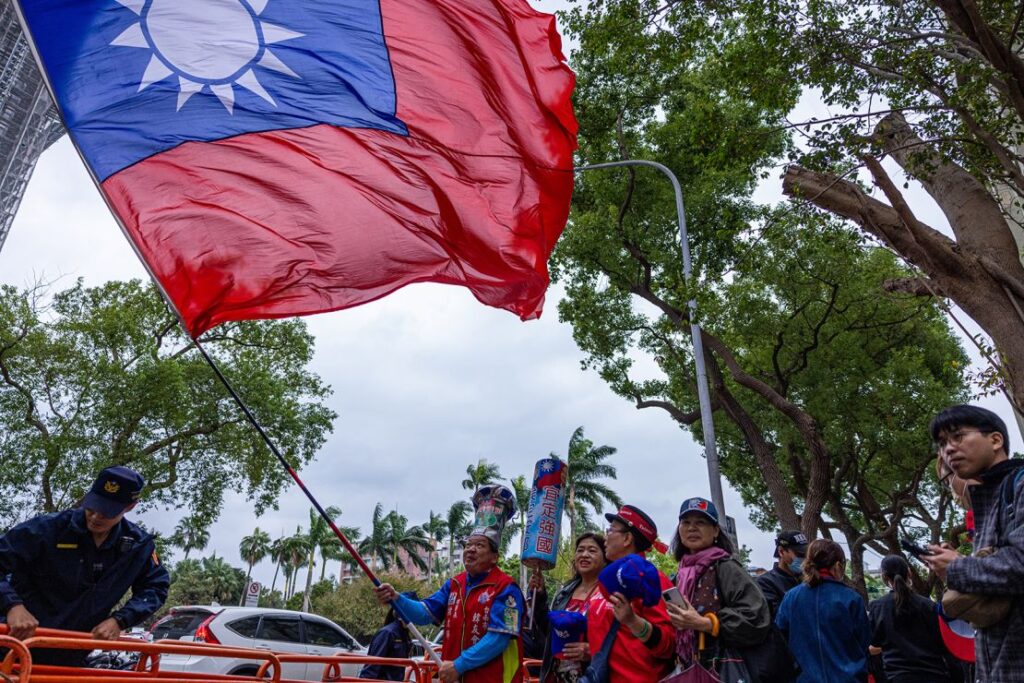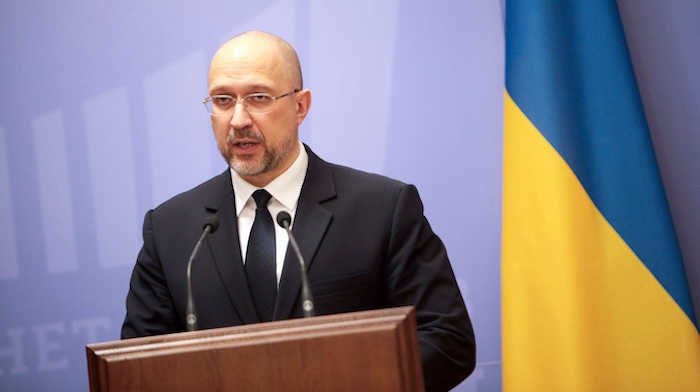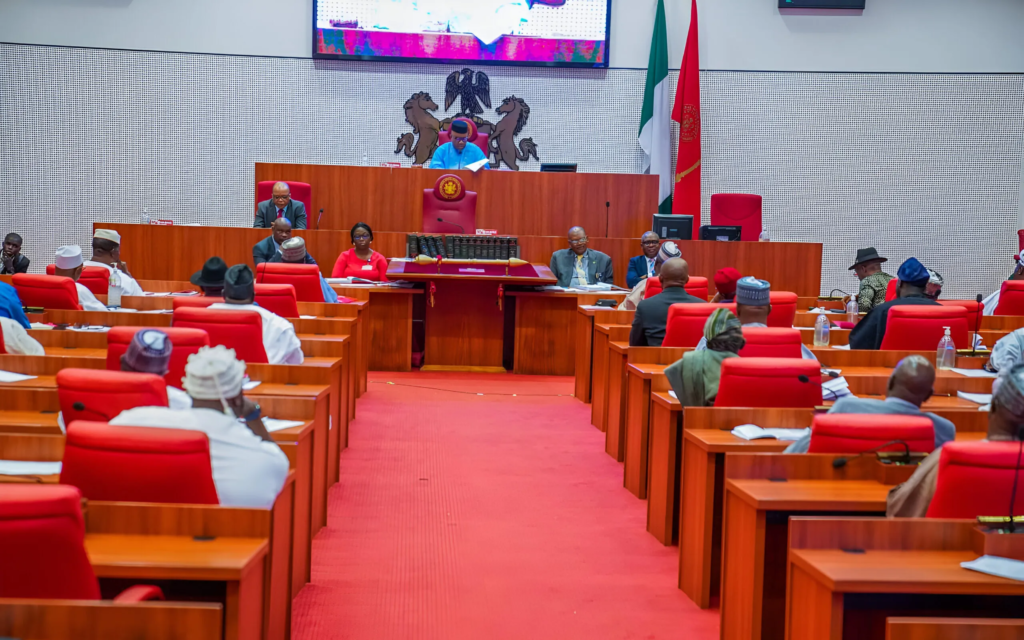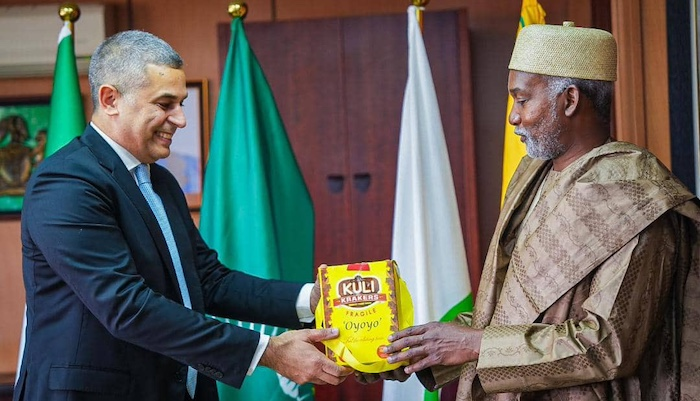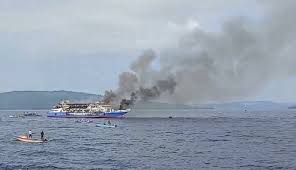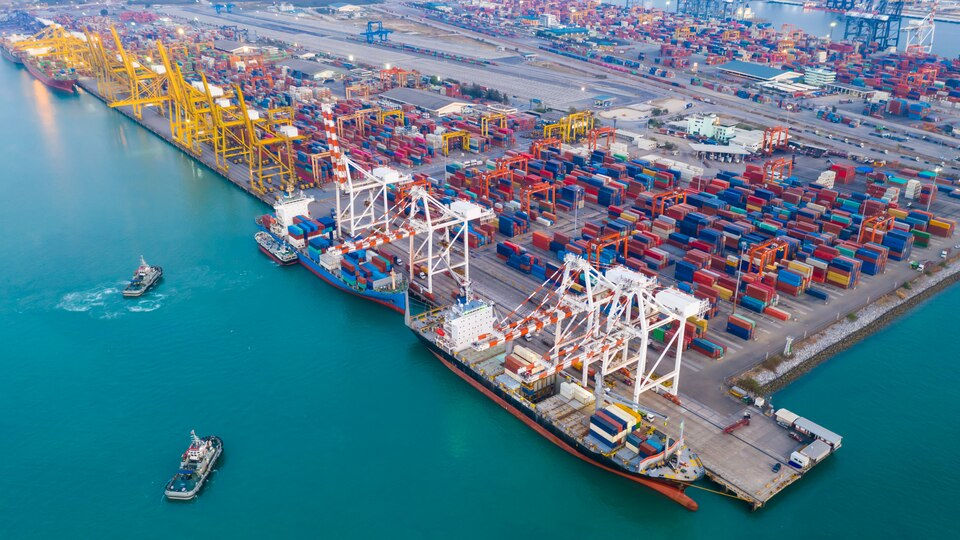Israel has announced it will allow a limited quantity of food into Gaza to prevent a full-scale famine, following 10 weeks of a near-total blockade on the territory. The move, recommended by the Israeli Defense Forces (IDF), comes as the military intensifies its ground operations across the enclave.
According to Israeli officials, the decision is aimed at mitigating humanitarian fallout while sustaining momentum in its renewed offensive against Hamas, known as Operation Gideon’s Chariot. The blockade had halted all deliveries of food, fuel, and medical supplies, sparking international alarm over rapidly deteriorating conditions for Gaza’s 2.1 million residents.
Humanitarian organizations have reported soaring rates of malnutrition, especially among children. Grisly images and testimonies have emerged from inside Gaza, prompting urgent calls from global leaders. French Foreign Minister Jean-Noel Barrot demanded Israel enable “immediate, massive and unhampered” humanitarian access.
Prime Minister Benjamin Netanyahu’s office said the newly approved aid is designed to avert starvation while maintaining control over distribution to prevent diversion by Hamas. The government emphasized that humanitarian support would not come at the expense of military objectives.
Meanwhile, Gaza’s health ministry, run by Hamas, reported 67 fatalities and 361 injuries in the past 24 hours. The IDF’s expanded campaign has targeted cities including Khan Younis, Beit Lahia, and the densely populated Jabalia refugee camp.
Residents described worsening shortages and relentless bombardment. In Khan Younis, one woman said conditions had become “very difficult” with little access to flour, fuel, or basic necessities. In al-Mawasi, a designated safe zone, local civil defense officials said an Israeli strike killed 22 people and injured more than 100 others.
The IDF has issued a sweeping evacuation order, warning civilians to leave any area from which rockets are being fired and relocate to western zones such as al-Mawasi, which it describes as designated shelter zones. Aid agencies have warned, however, that these areas are already overcrowded and lack sufficient infrastructure to house more displaced families.

